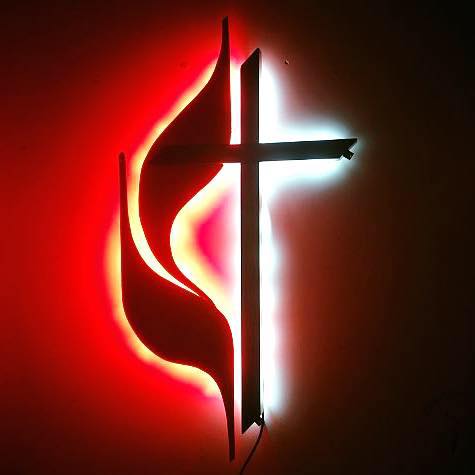The civil disobedience of the Magi
- Avondale Church

- Jan 7, 2019
- 3 min read
Stanley Rother was murdered in his bed at the hands of the Guatemalan military on July 28th, 1981.
To Christians, he was martyred. Father Rother's work at the mission in Santiago Atitlan, Guatemala included translating the New Testament into the native Mayan language, Tz'utujil (loosely, "soot-WHEEL"). In doing so, he taught the local people that there was hope in Jesus Christ at a time when Catholics were being killed in the midst of civil war.
It would appear that it was because of his faith that Father Rother's name appeared on a government hit list. He fled to Oklahoma for a short time before resolving to return. "The shepherd cannot run," he said.
He was dead within a few months, at the hands of three men who attacked him in the middle of the night.
To the Guatemalan government, Rother was not killed for worshipping Jesus. He was executed for inspiring insurrection. A people who did not fear their government, who did not pledge loyalty to it accordingly was a threat to law and order in the eyes of those in power. What if the Catholics sided with rebels? they feared. Control was necessary. The execution of an influential leader in the church was called for.
Pastor Josh explained in his Epiphany Sunday sermon yesterday why martyrdom is so rare. It isn't common faith itself that enrages powerful people to the point of murdering Christians; it is when Christians demonstrate their allegiance to Christ and it gets in the way.
Rother cared more about listening to the voice of God than he did about the threats of the Guatemalan government. He had had an epiphany while in Oklahoma: he was a shepherd in the image of Christ, and "the shepherd cannot run."
In Matthew 2, the Magi cared more about listening to the voice of God than they did about fearing retribution from Herod. Herod had told them to find Jesus for him.
'He sent them to Bethlehem and said, “Go and search carefully for the child. As soon as you find him, report to me, so that I too may go and worship him.”' (Matthew 2:8)
But after they had visited Jesus, God warned the Magi in a dream not to go back to Herod. Though he was the ruler of the land, the Magi disobeyed Herod's command. They understood to obey Herod was to put the Christ child in danger. They chose to obey God.
Tragically, it was not the Magi who would bear the penalty for their disobedience; Herod gave orders for all the boys in and around Bethlehem two years old and under to be killed (Matthew 2:16). To us, these little boys are martyrs for Christ whose names we will never know. To Herod's warped mind, they represented a threat to his power that justified their dehumanization and lawful execution.
Christianity is dangerous because of the Epiphany of all epiphanies. Jesus Christ came for the benefit of all. There is no such thing as an expendable person. There is no such thing as a person or group whose protection is so important it justifies dehumanizing others.
We took communion yesterday, which Josh explained is not only an act of allegiance to Christ; it is also often an act of defiance to systems of power that work to protect themselves at the expense of the work of Christ.
The next time you take communion, remember the Epiphany of Christ - not only the story of his arrival, but what it means. Some have died because their alignment with Jesus made civil disobedience necessary. The good fruit of their faith got them killed.
But what is a threat to some is the greatest of hope for all. If Stanley Rother understood that on earth, he is all the more certain of it now.




![Pentecost: We've Got [the] Spirit, How 'Bout You?](https://static.wixstatic.com/media/109fbf_f7235d7e11df442eaee2162111b86107~mv2.png/v1/fill/w_433,h_649,al_c,q_85,enc_avif,quality_auto/109fbf_f7235d7e11df442eaee2162111b86107~mv2.png)

Comments